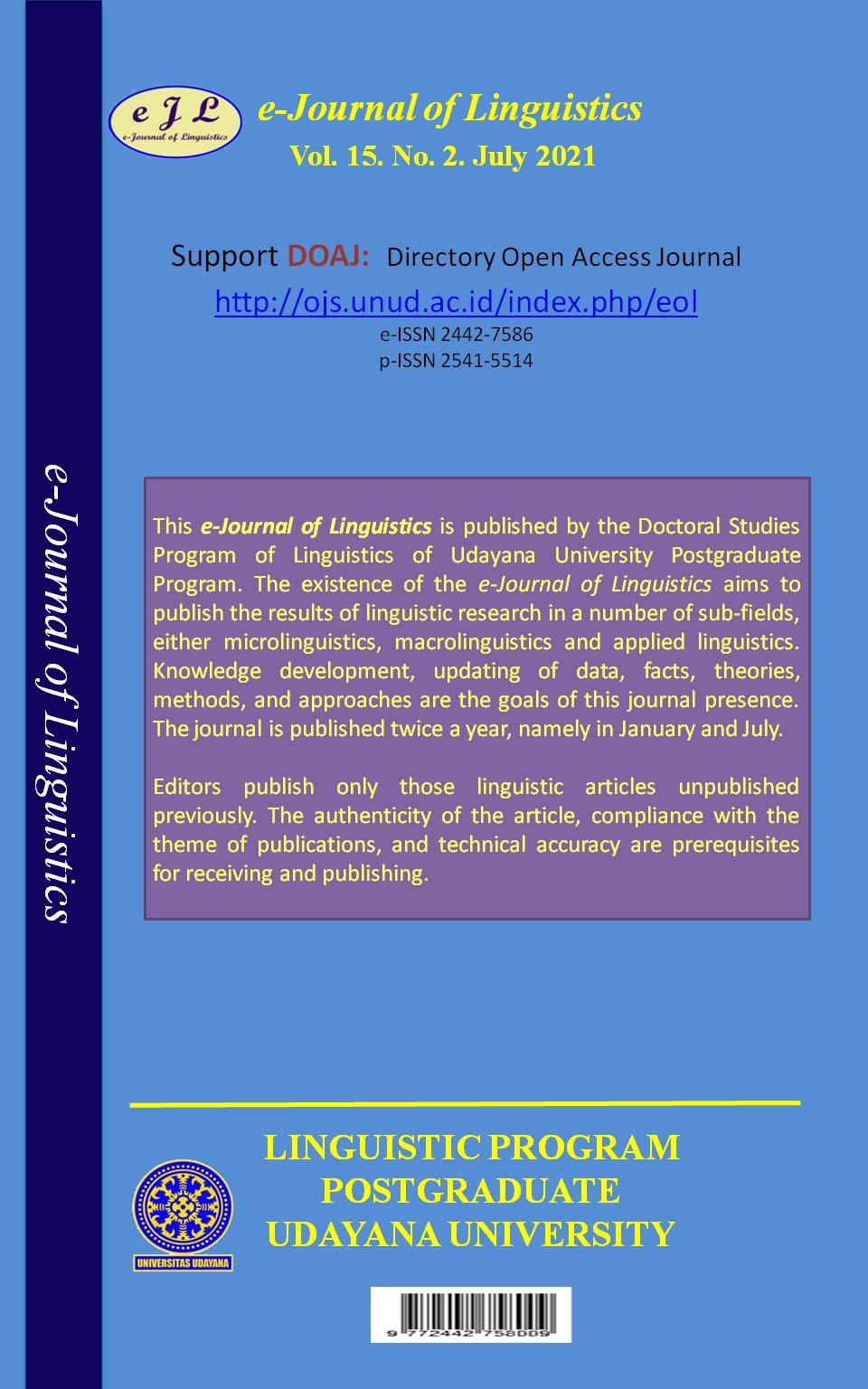Protection of Azerbaijani Language in e-government platform
Abstract
The protection of language diversity has become one of the topical issues in the rapidly globalizing modern world influenced by information technology. The article studies the protection of Azerbaijani language in e-government. The approaches to the impacts of globalization on lingua-cultural space and linguistic processes are explored. The protection of linguistic diversity and the application opportunities of linguistic technologies in e-government are analyzed. The approaches to the protection of Azerbaijani language in e-Azerbaijan segment of the global information space are provided. A conceptual model that provides effective mechanisms for the application of linguistic technologies is proposed. In general, there are various ideas and approaches related to language protection on the Internet. There are many factors endangering language in the globalization process, and it is not possible to maintain the language at the expense of controlling each of these factors. In this regard, the Internet can also be used to raise awareness about the language loss and language protection. The application of cloud-based linguistic technologies enables the provision of different services over the Internet (translation, cataloging, data storage, availability etc.). They can also be used to preserve the integrity of spoken language. Furthermore, many of these technologies used for sound and speech recognition can be applied to protect spoken languages. The use of linguistic technologies in e-Azerbaijan segment of the unique information space will contribute to the protection and development of Azerbaijani language by providing variety of e-services.
Downloads
References
Alguliyev, R.M., & Mahmudov, R.Sh. (2018). Language Industry: opportunities, prospects and problems, Journal of Information Society Problems, No. 1, pp. 3-26.
Alguliyev, R.M., & Yusifov, F.F. (2014). Some actual scientific-theoretical problems and solution prospects of the formation of electronic government, Journal of Information Society Problems, pp. 3-13.
Alshehri, M., & Drew, S. (2011). E-government principles: implementation, advantages and challenges. International Journal Electronic Business, 9(3), pp. 255-270.
Crystal, D. (2001). Language and the Internet. Cambridge, UK : Cambridge University Press, 272 p.
Crystal, D. (2003). English as a Global Language. Cambridge UK : Cambridge University Press, 2003, 160 p.
Dobrosklonskaya, T.G. (2012). Linguistic consequences of information globalization, languages in the modern world: Proceedings of the X International Conference, Moscow, 2012. pp. 59-71.
Fischer, O. (2006). Morphosyntactic Change, Functional and Formal Perspectives, 398 p.
Gritsenko, E.S. (2011). Language and security in the context of globalization. Scientific journal Vlast, Moscow, No. 11, pp. 9-11.
Gurbanova, A.M. (2010). Azerbaijani Language in Virtual Space: Some Problems and Solutions, Information Society Problems, No 1, pp. 63-70.
Gurbanova, A.M. (2015). Terminological threats to Azerbaijan in globalization, Information Society Problems, No.2, pp.87-95
Krasikova, E.N. (2010). Globalization of English language in a multicultural environment, www.ncfu.ru/uploads/doc/krasikova_konfmt.pdf

This work is licensed under a Creative Commons Attribution 4.0 International License











